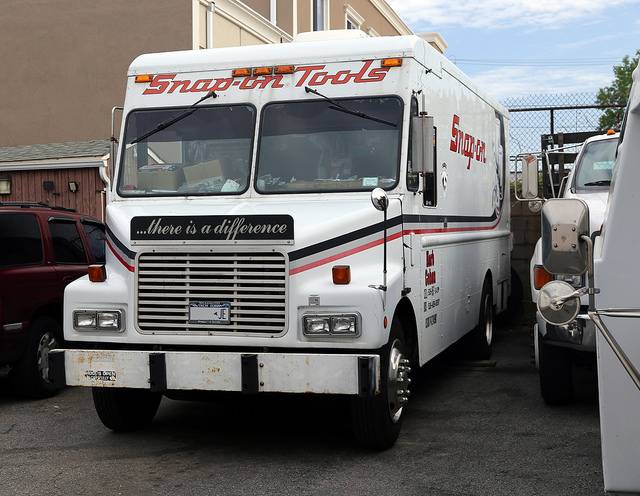
Small businesses that rely on transport of their goods benefit greatly by investing in commercial vehicles of their own. The alternative, renting space on others’ fleets, can be costly, and worse, it fails to help a small business grow. Owning a company truck or car is a crucial step in becoming independent and successful ? but most small businesses get it wrong.
The process of purchasing a commercial vehicle isn’t complex, but it is distinctly different from buying a car for personal use. Before entrepreneurs buy the wrong truck the wrong way, they should learn more about how small business vehicle ownership works.
Commercial Vehicle Sellers
The best way to acquire a commercial vehicle is new, from a reliable dealership. Fortunately, there aren’t too many crooked truck dealers because most customers have enough industry experience to know standard merchandise and prices. Still, first-time buyers benefit from visiting experienced and highly reviewed dealers, like Nextran Truck Centers, that will provide the information businesses need and prices businesses can afford.
Alternatively, the internet offers digital locations to peruse used commercial trucks, like eBay Motors and Truck Paper, and regional listings, like the local newspaper or Craigslist, might contain a hidden gem. Unfortunately, peddlers of used trucks are not nearly as conscientious as dealers, and businesses must be particularly careful when opting for pre-owned. A used vehicle’s paper trail, to include its original paperwork, service records, and receipts for upgrades, should match the potential vehicle on offer, and close scrutiny of the truck’s history might reveal inconsistencies that should break the deal.
Claim up to $26,000 per W2 Employee
- Billions of dollars in funding available
- Funds are available to U.S. Businesses NOW
- This is not a loan. These tax credits do not need to be repaid
Usually, cheap commercial vehicles are indeed too good to be true. To prevent being scammed, businesses must complete thorough inspections of any vehicle ? new or used ? before putting down money. It is exasperating and expensive to purchase a vehicle only to endure a few months off the road due to unforeseen repairs.
Financing
The financing process is rather straightforward for passenger vehicles, as banks process dozens of car purchases every day. However, commercial truck financing is much more complex ? both due to the higher cost of the vehicle and due to the variables involved in commercial purchases. Some finance companies will simply refuse to consider commercial vehicle deals while others have rules about what types of trucks and what types of businesses they will work with. Businesses might have to seek out specialized equipment finance sources for help acquiring the truck they need.
A number of other elements influence the ease with which a business can find financing. In particular, the following six factors will likely make it harder to locate a willing financer:
- Having poor credit. This isn’t inherently a deal-breaker; as long as a business has money, credit isn’t a significant issue ? unless a business has a history of missed child support, vehicle repossession, or bankruptcy.
- Having low cash reserves. Usually, having cash only matters if a business has poor credit.
- Buying from a private party. Dealers are more trustworthy, as mentioned above, whereas private parties could be unscrupulous.
- Buying an old truck. Vehicles older than 10 years are much more likely to break, and broken trucks don’t make money for payments.
- Being a new business. The risk of default is higher among businesses with fewer than two years of experience.
- Being an owner-operator. Owning a single truck is a liability; if it breaks, the owner loses 100 percent of his or her income
Before finding financing, businesses can use an online calculator to determine what the down payment and monthly installments are likely to be. It is rarely impossible to find any financial company willing to strike a deal, but for some companies and some commercial trucks, the effort of finding funding might be more difficult than usual.
Tax Deductions
Even when a company has hands on the keys to its very own commercial vehicle, the acquisition process isn’t complete. Trucks are business expenses, which means they can translate into deductions on annual taxes. Businesses can choose to deduct the entire cost of the vehicle in one year or calculate the depreciation values and receive smaller deductions for several years. Additionally, a portion of fuel, maintenance, insurance, and interest payments can be deducted to make tax season less stressful. Finally, once the commercial vehicle’s tax deductions are tabulated, businesses can enjoy the use of their new trucks.



